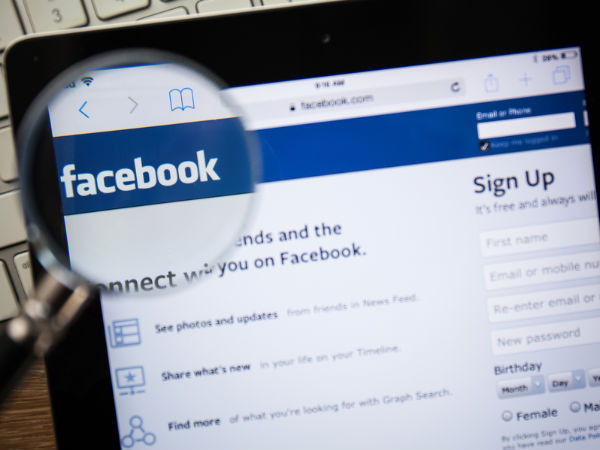-
Tips for becoming a good boxer - November 6, 2020
-
7 expert tips for making your hens night a memorable one - November 6, 2020
-
5 reasons to host your Christmas party on a cruise boat - November 6, 2020
-
What to do when you’re charged with a crime - November 6, 2020
-
Should you get one or multiple dogs? Here’s all you need to know - November 3, 2020
-
A Guide: How to Build Your Very Own Magic Mirror - February 14, 2019
-
Our Top Inspirational Baseball Stars - November 24, 2018
-
Five Tech Tools That Will Help You Turn Your Blog into a Business - November 24, 2018
-
How to Indulge on Vacation without Expanding Your Waist - November 9, 2018
-
5 Strategies for Businesses to Appeal to Today’s Increasingly Mobile-Crazed Customers - November 9, 2018
Taking A Week Off From Facebook Could Make You Happier, Says Study
You might well be addicted to it, but quitting Facebook would actually make you happy, suggests a new study done by Denmark-based think tank Happiness Research Institute.
Advertisement
“We focused on Facebook because it is the social media that most people use across age groups”, Meik Wiking, HRI’s chief executive told AFP today in Copenhagen, the Danish capital.
Half of them carried on using Facebook as usual whereas the rest spent their time away from the social network.
Subjects in the study “reported higher levels of life satisfaction and better concentration, as well as feeling less lonely, less stressed and more sociable”, and even took up antiquated activities such as talking to people in real life. The Facebook users reported a life satisfaction rating of 7.67 at the beginning of the study, with that number bumping up slightly to 7.75 by the end of the week.
On the other hand, the group that avoided social media for a week had their happiness levels surging from 7.56 to 8.12.
Comparison is the ultimate killer of happiness, and since most people tend to post only positive things on Facebook, it gives us a very biased – and false – perception of reality.
Overall, the non-Facebook group had 18 percent more chances to live the moment and feel present.
The researchers ascribe anxiety associated with Facebook use to envy at other people’s lives as they are seen enjoying albeit in edited highlights.
In the study, 61 per cent of the participants said they prefer to post their “good sides” on Facebook and 69 per cent prefer to post photos of the “great things” in their lives on the site.
Advertisement
“If we are constantly exposed to great news, we risk evaluating our own lives as less good”, Wiking said. It doesn’t only distort the way we perceive reality, but also how other people’s lives really look like.




























